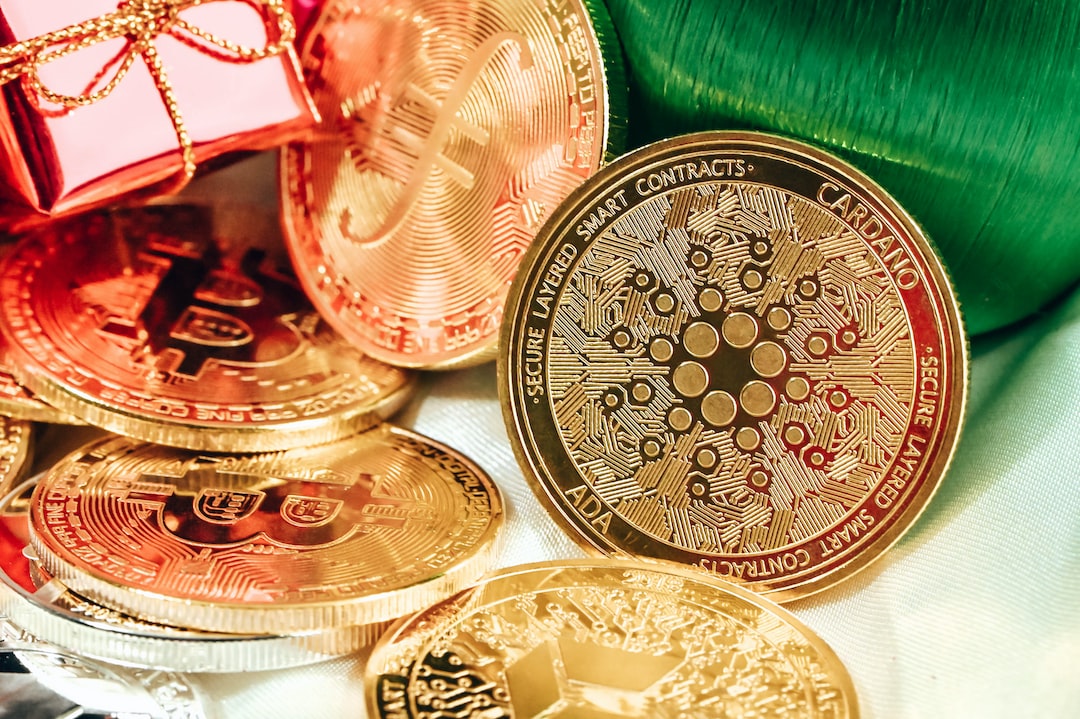U.S. Judge Rules in Favor of Yuga Labs in Trademark Infringement Case
A U.S. District Judge in California has ruled in favor of Yuga Labs, the creators of the Bored Ape Yacht Club (BAYC), in a trademark infringement case against Ryder Ripps and Jeremy Cahen. The court awarded Yuga Labs over $1.5 million in damages, representing the profits made by Ripps and Cahen from the sale of their counterfeit Bored Ape NFTs.
Ripps and Cahen argued that their use of Yuga Labs’ trademarks was a form of satire and parody, but the court rejected this defense. As a result, they have been ordered to cease all sales and marketing of their counterfeit NFTs, pay damages, transfer their fake apes’ smart contract, and relinquish related online assets.
Judge Grants Damages for Cybersquatting Violations
Judge John Walter also granted Yuga Labs’ request for damages related to cybersquatting violations. The defendants were ordered to pay $200,000 for cybersquatting, $100,000 per domain name, and a permanent injunction was issued against them.
The court determined that the defendants acted with a bad faith intent to profit and did not have any intellectual property rights in the domain names they registered. The domains in question were rrbayc.com and apemarket.com.
Court Dismisses Defendants’ Counterclaim
The court dismissed the defendants’ counterclaim that Yuga Labs made false accusations of infringement and used racist and neo-Nazi imagery in its BAYC NFTs. The court ruled that Yuga Labs owns the BAYC Marks and they are valid and protectible.
Ripps and Cahen registered the domain names after Yuga Labs had already launched the Bored Ape Yacht Club NFT collection, which further supported the court’s decision against them.
The Bored Ape Yacht Club and NFTs
The Bored Ape Yacht Club is a collection of 10,000 randomly generated NFTs on the Ethereum blockchain. NFTs are unique tokens that provide proof of ownership for digital and physical content. Holders of Bored Ape NFTs have unlimited copyright to use their apes in media or designs.
This ruling is seen as a victory against scammers and a support for creators in the web3 space. It reinforces the importance of protecting intellectual property in the world of NFTs and crypto.
Hot Take: Protecting Intellectual Property in the Crypto Space
The recent ruling in favor of Yuga Labs in their trademark infringement case highlights the importance of protecting intellectual property in the crypto space. With the growing popularity of NFTs, it becomes crucial for creators to safeguard their trademarks and prevent unauthorized use.
This victory not only serves as a deterrent to scammers but also supports creators who are pushing boundaries and advancing web3 experiences worldwide. It sends a strong message that counterfeit NFTs will not be tolerated, and those who engage in such activities will face legal consequences.
As the crypto industry continues to evolve, it is essential for participants to understand and respect intellectual property rights. This ruling sets a precedent for future cases involving trademark infringement in the world of NFTs, emphasizing the need for proper attribution and authorization when using others’ creations.





 By
By
 By
By
 By
By
 By
By
 By
By
 By
By